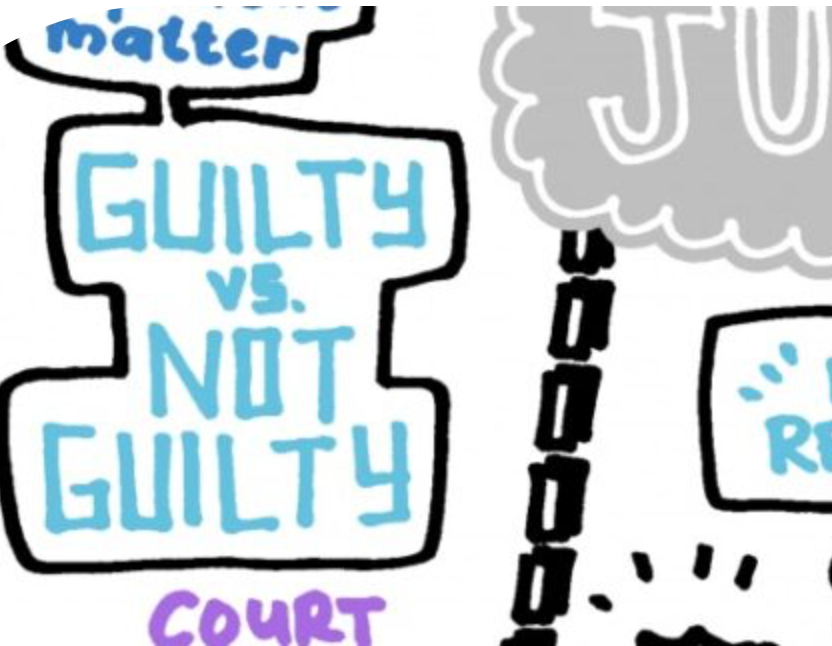
News: New child-led research into justice in Scotland
Posted 22 April 2022, by Jennifer Drummond
Children think justice should create an opportunity to learn from mistakes and have a second chance, new research reveals.
‘Thinking About Justice’, which explored children’s aspirations for and understanding and experiences of justice in Scotland, found that children often felt powerless and judged, and highlighted the important role adults play in their experiences.
The research from the Children and Young People’s Centre for Justice (CYCJ) reports children’s aspirations for justice include being heard, access to support and services, and equal and better treatment for everyone.
Commissioned and funded by the Scottish Government, CYCJ worked with 32 children in online and face-to-face youth-led workshops, encouraging children to raise issues that were important to them.
Research findings
Key themes emerging from the research include:
- Support for traditional philosphies of punishment
- Rehabilitation as the most significant aspect of justice, with a clear recognition of underlying causes of the offending behaviour
- The desire for a protection of the sanctity of childhood
- The importance of trusted, respectful and child-centred relationships in ensuring a child’s access to justice is fully supported
- The role of gender, with girls in particular feeling forced to change behaviour to avoid misogyny or gender-based violence.
Children also shared their feelings of being victims of unjustified surveillance (being watched or followed) and pre-emptive warnings about causing trouble.
They also shared a deep mistrust and dissent for formal processes of justice, viewing alternative, informal, community-based systems of justice as fairer and more effective.
Ensuring young people’s experiences are shared
Fiona Dyer, Director of the Children and Young People’s Centre for Justice said:
“Building a truly rights-respecting justice system in Scotland requires an understanding of children and young people’s conceptualisation of justice, which was why we undertook this research.
“That children and young people experience justice differently to adults is not surprising to hear, given that conceptions and the implementation of justice have been almost exclusively developed and designed through the eyes and needs of adults.”
"There are opportunities for children and young people to influence change in the justice system. However, this tends to focus on aspects of the system, or processes, rather than conceptualisations of justice.
The focus on rehabilitation was encouraging, as it suggests that children may be supportive of the significant development in sentencing guidelines for young people, which prioritise rehabilitation as a central aspect of the judicial process. In addition, the children’s desire to be heard in relation to issues that are important to them has significant implications for The Promise, UNCRC incorporation, and aspirations for a rights-respecting youth justice system.
As Scotland moves further towards alternative approaches to traditional justice and punishment, it is our hope that these findings will play a significant role in improving outcomes for children and young people who come into conflict with the law, and all those affected.”
Launched on Wednesday 20 April, full research findings are available in a variety of formats including a full report, a summary animation and a child-friendly version.
